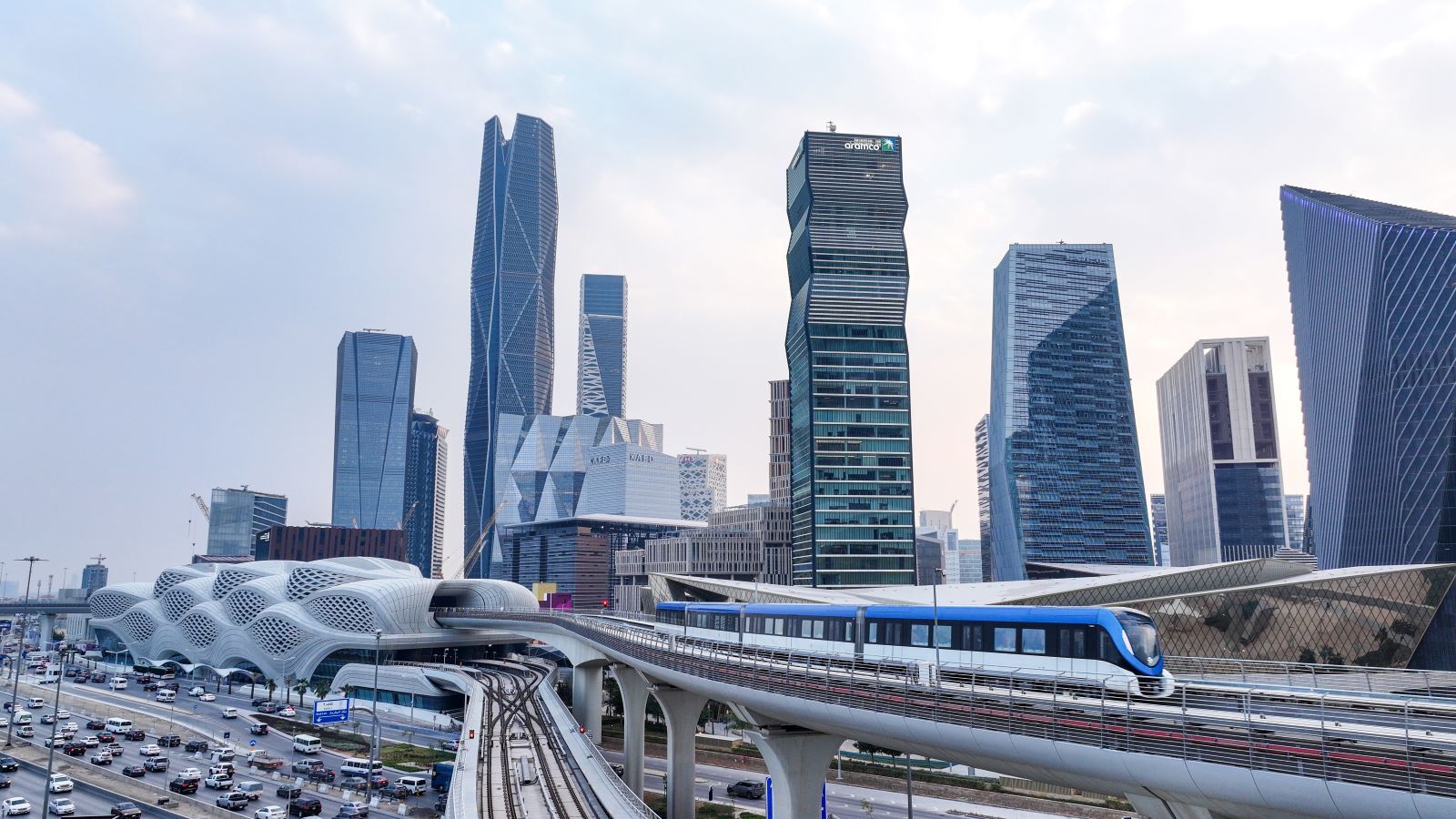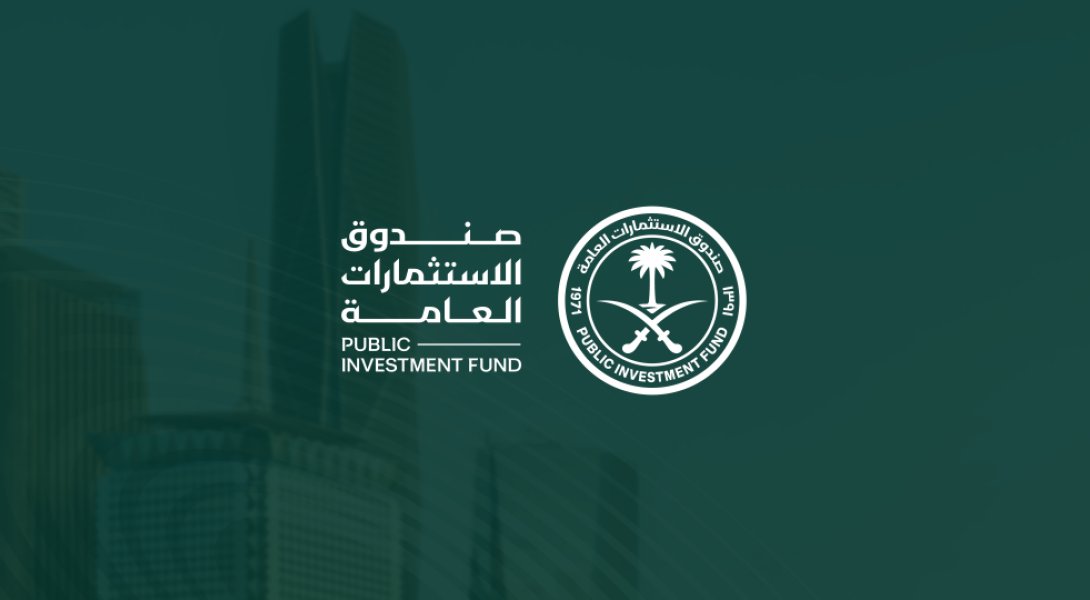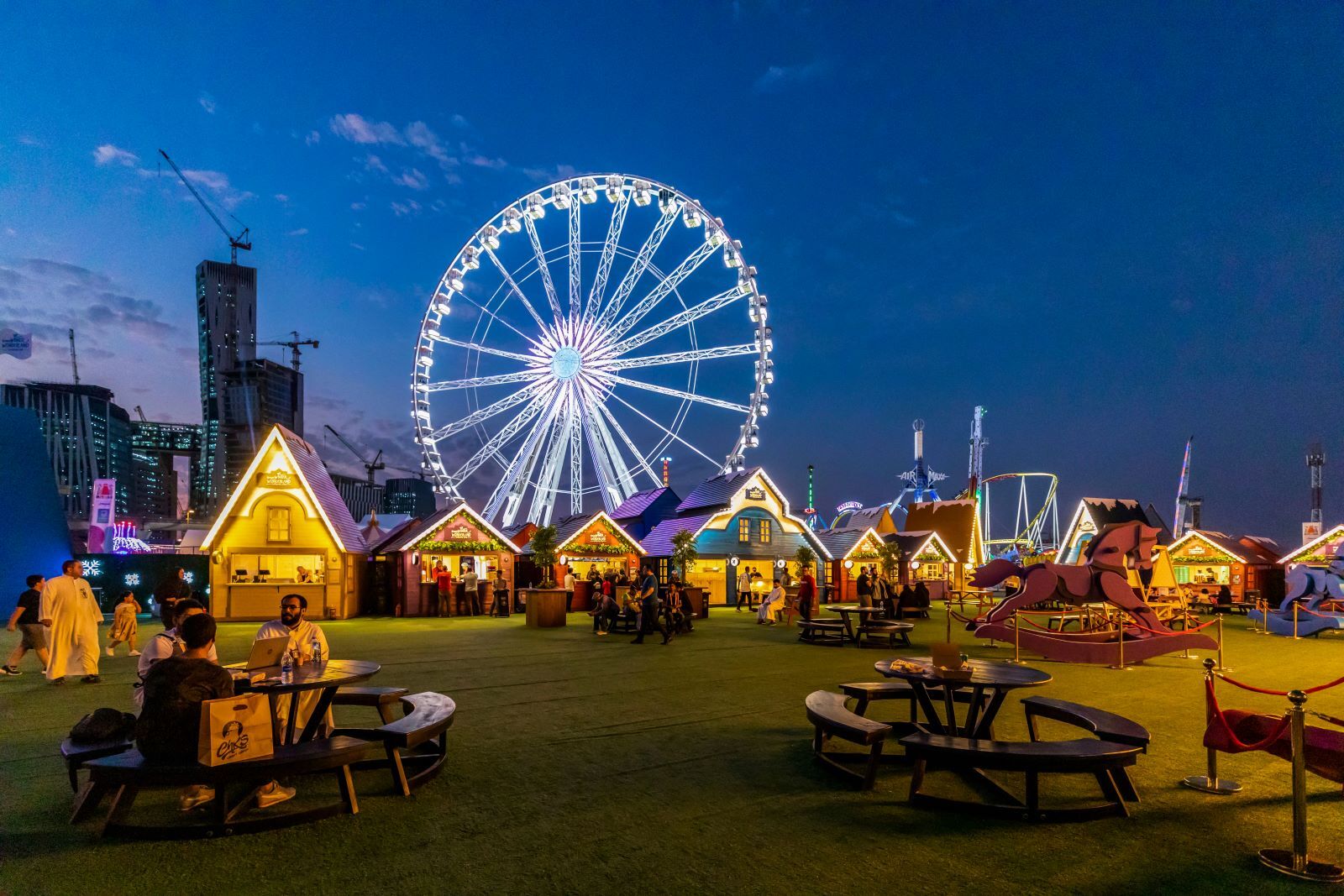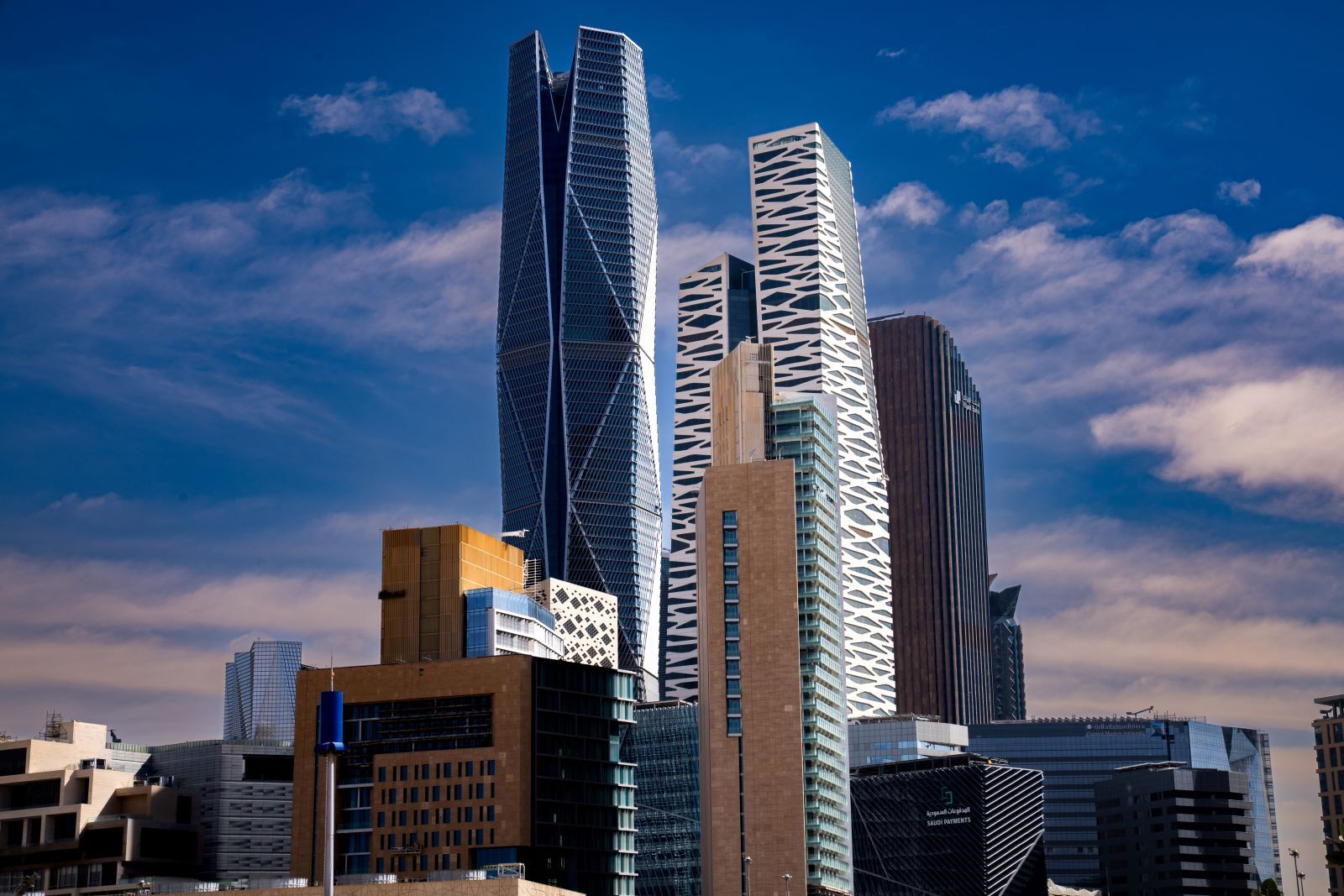Saudi Arabia’s Environmental Commitment: Pioneering Projects for a Sustainable Future
In line with its Vision 2030 agenda, the Kingdom of Saudi Arabia has launched a series of ambitious environmental initiatives aimed at promoting sustainable development and safeguarding the natural world. These efforts go beyond simply enhancing quality of life — they are strategic responses to increasing climate and environmental challenges driven by global industrial growth and population expansion. Through these initiatives, the Kingdom is moving towards building a sustainable environmental model that balances economic development and the protection of natural resources.

Climate Action in the Kingdom: Towards a Greener, Healthier Tomorrow
As global climate challenges continue to intensify, Saudi Arabia has responded with decisive action. Recognising that the impact of climate change extends beyond human life and threatens biodiversity and ecosystems as well, the Kingdom has introduced projects designed to protect vegetation cover and fight environmental degradation. Legislative frameworks and regulatory systems have also been put in place to preserve ecological balance across terrestrial and marine wildlife.
Championing Renewable Energy: A Strategic Move to Curb Emissions
As one of the world’s leading oil exporters, Saudi Arabia faces a unique challenge: reducing carbon emissions while maintaining energy security. To address this, the Kingdom launched the National Renewable Energy Programme, an initiative aimed at reducing dependence on fossil fuels and accelerating the shift towards clean energy sources.
Saudi Arabia has also committed to the Global Methane Pledge, with a goal to cut methane emissions by 30% by 2030. The Kingdom’s broader climate strategy includes reducing carbon emissions by 278 million tonnes annually — reflecting its commitment to meeting international environmental standards.
Saudi Green and Middle East Green Initiatives: A Vision for Carbon Neutrality
Despite its desert climate, Saudi Arabia has focused its efforts on the regeneration of its vegetation cover through the Saudi Green Initiative and the Middle East Green Initiative. These far-reaching programmes aim to plant 450 million trees and rehabilitate eight million hectares of degraded land. In addition, over 20% of the Kingdom’s landmass is being designated as protected natural space.
His Royal Highness Crown Prince Mohammed bin Salman described these initiatives as important to the Kingdom’s economic diversification and alignment with global climate objectives. They reflect Saudi Arabia’s ambition to make sustainability a central pillar in its development plans.
Preserving Biodiversity and Marine Ecosystems
With close to 1,300 islands spread across the Red Sea and the Arabian Gulf — including over 1,150 in the Red Sea alone — Saudi Arabia is home to a remarkable variety of ecological habitats. These islands are known for their white-sand beaches, vibrant coral reefs and rich biodiversity.
The Kingdom has invested significantly in protecting this natural heritage through sustainable tourism projects that enhance their ecological and economic value. A prime example of this is The Red Sea Project, a flagship development that prioritises marine conservation and enforces strict environmental measures to protect the coastline.
A Roadmap for Environmental and Economic Sustainability
Saudi Arabia has laid out a roadmap that aligns its environmental objectives with its broader economic goals, ensuring that development does not come at the expense of nature. At the heart of this plan lies clean energy, with large-scale solar and wind projects taking shape across the country. Among the most prominent is the Dumat Al Jandal Wind Farm, one of the largest in the region. This pioneering project is helping to establish a more sustainable energy mix for the Kingdom.
Why Environmental Projects Matter in Saudi Arabia
Environmental initiatives are more than a commitment to nature — they’re instrumental to the Kingdom’s long-term economic prosperity and in promoting innovation. These projects:
- Enhance public health by reducing pollution levels and subsequently minimising exposure to contaminated air and water.
- Foster innovation through environmental projects that encourage development of clean and sustainable technologies.
- Conserve natural resources, ensuring the long-term availability of water, soil, and clean air for future generations.
- Improve quality of life by creating greener, healthier, and more liveable urban environments.
- Promote ecological balance, supporting sustainable development that meets human needs without compromising the planet.
Flagship Projects Driving Environmental Progress
- The Red Sea Pure Project
Aims to preserve marine biodiversity in the Red Sea by implementing strict environmental protection standards. - Agricultural Sustainability Programme
Focuses on improving irrigation systems and on innovative farming technologies to boost efficiency and reduce consumption of natural resources. - NEOM Eco-City
A model for the future of urban sustainability, designed with renewable energy, smart infrastructure, innovative building standards and cutting-edge green technology at its core. - Desert Agriculture Initiative
Seeks to transform arid landscapes into fertile agricultural zones using drought- and salinity-resistant farming methods. - Dumat Al Jandal Wind Farm
A key contributor to Saudi Arabia’s clean energy transition, this large-scale wind farm provides a significant source of renewable power.
Saudi Arabia’s environmental efforts represent a strategic, future-forward vision that places sustainability at the heart of national development planning. Through bold initiatives and innovative green projects, the Kingdom is not only improving the wellbeing of its residents but also positioning itself as a global leader in climate action.



